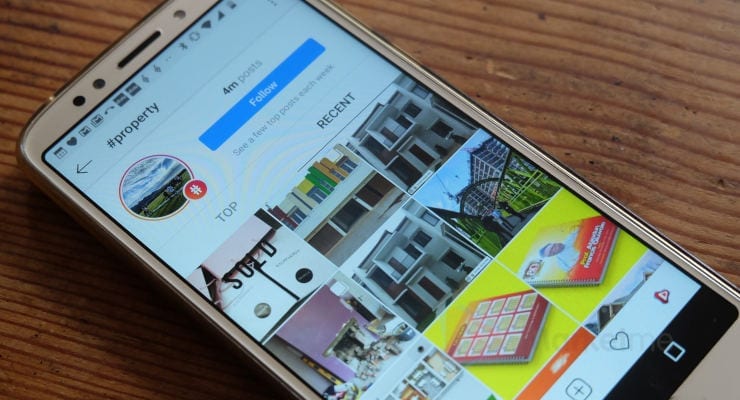Technology: making life as an agent easier – Part III: What does the future hold?
What does the future hold? Looking to the future, here’s a glimpse at some other technology that may impact the property market and help make agent’s lives easier.
Augmented Reality
Although the Google Glass project has been reportedly canned by Google, it’s not all doom and gloom. There are still many companies developing Glass software for medical, industrial, and other sectors, so Google’s eyewear is far from dead. In fact there are even reports that Google is selling these companies as many devices as they need, and by all appearances, it’s ramping up the number of Google employees working to turn Glass into something more than a consumer gadget that looks funny on your face. Microsoft have also recently announced HoloLens, an augmented reality ‘hologram’ headset, for Windows 10 which could be an interesting development.
If you imagine a layer data over our field of vision, it could be a revolution for the property world. Imagine a potential buyer being able to see instantly the key information about a property as they’re viewing it. For instance, viewing the nearest school, local shop and doctor’s surgery on a virtual map. Getting them instant access to typical utilities costs and council tax bands, and the quality of the WIFI/phone signal. All the key information they might need about the property, presented in a consistent, clear way.
Also imagine bringing to life those new property developments in a more 3D way, by creating 3D models to give a virtual impression to potential investors, helping to bring buying ‘offplan’ to life.
Some apps are already built that help us find our way to, and through, underground systems or cycle in the right direction without holding a map. Supplementing our vision with a whole lot of information – perhaps even to the point of wearing contacts with augmented reality display capabilities – could lead to an infinite number of potential uses, but it could also lead to information overload. It will be interesting to see how the technology finds it’s way into the mass consumer market.
Development of ‘Smart Cities’
The innovations around transforming our cities into intelligent, interconnected grids is important to help with reducing our consumption of resources. For example, new technologies for smart water management, for smart cars and urban transportation are all guiding us towards making more happen with less. There are technological developments taking place in all areas of life, and the Consumer Electronics Show (CES) in January in Las Vegas highlighted how these developments are integrating into the home.
LG, which is best known for its TVs and home appliances, opened its CES press conference earlier this year by announcing how it intended to connect people’s homes and cars to the internet through its webOS operating system. LG wants to make its HomeChat system, which allows users to issue vocal commands to their home appliances, compatible with Google’s Nest products, which include central heating systems. In the near future, HomeChat will also connect to cars. This will allow users simply to say where they want to go and their destination will automatically be added to their car’s navigation system, guiding them on their journey.
Developments for monitoring our energy and water use, apps to allow us to turn our heating and lighting remotely and smart fridges that monitor the food in both in the homes and businesses are on their way, and fully embrace the idea of if you can’t measure it, you can’t manage it.
There could be big implications for the future of not only of house-building, but also the expectations of buyers and tenants alike when they look to move house, and their requirements for tech in the home could be greater than ever.
Virtual Reality
At the recent Mobile World Congress in Barcelona, both Samsung and HTC announced new virtual reality headsets. This cutting-edge technology could also have big implications for property. Imagine you have potential buyers that are struggling for time to get around and view lots of properties. You could enable clients to view properties virtually by wearing a headset, so they can be immersed in each one and see all the aspects of it, getting a real sense of what it feels like to be there and experience its unique features.
Portable Projectors
At the Global Mobile Awards this year, the ZTE Smart Projector won ‘Best Mobile Enabled Consumer Electronics Device’. This neat device is positioned as the ‘world’s first all-in-one Wi-Fi hotspot and portable projector. Ideal for business, education, home or outdoor entertainment’. It provides up to eight users with anytime, anywhere WiFi access and projects up to 120-inch images and video. It has real possibilities for the property sector.
So, technology continues to develop at a rate of knots, and it’s impact in the consumer market (and the property world) is only going to increase. Make sure you embrace technology to keep one step ahead, give you a point of difference in the High Street, and ultimately make your life easier!
TouchRight Software are exhibiting at the Annual ARLA Conference (stand 42) in London on Tues 31 March; if you’re planning to attend why not drop by for a quick demo to see how you can make your property reporting even easier? Get in touch on 01904 390109 or via email info@touchrightsoftware.com.









